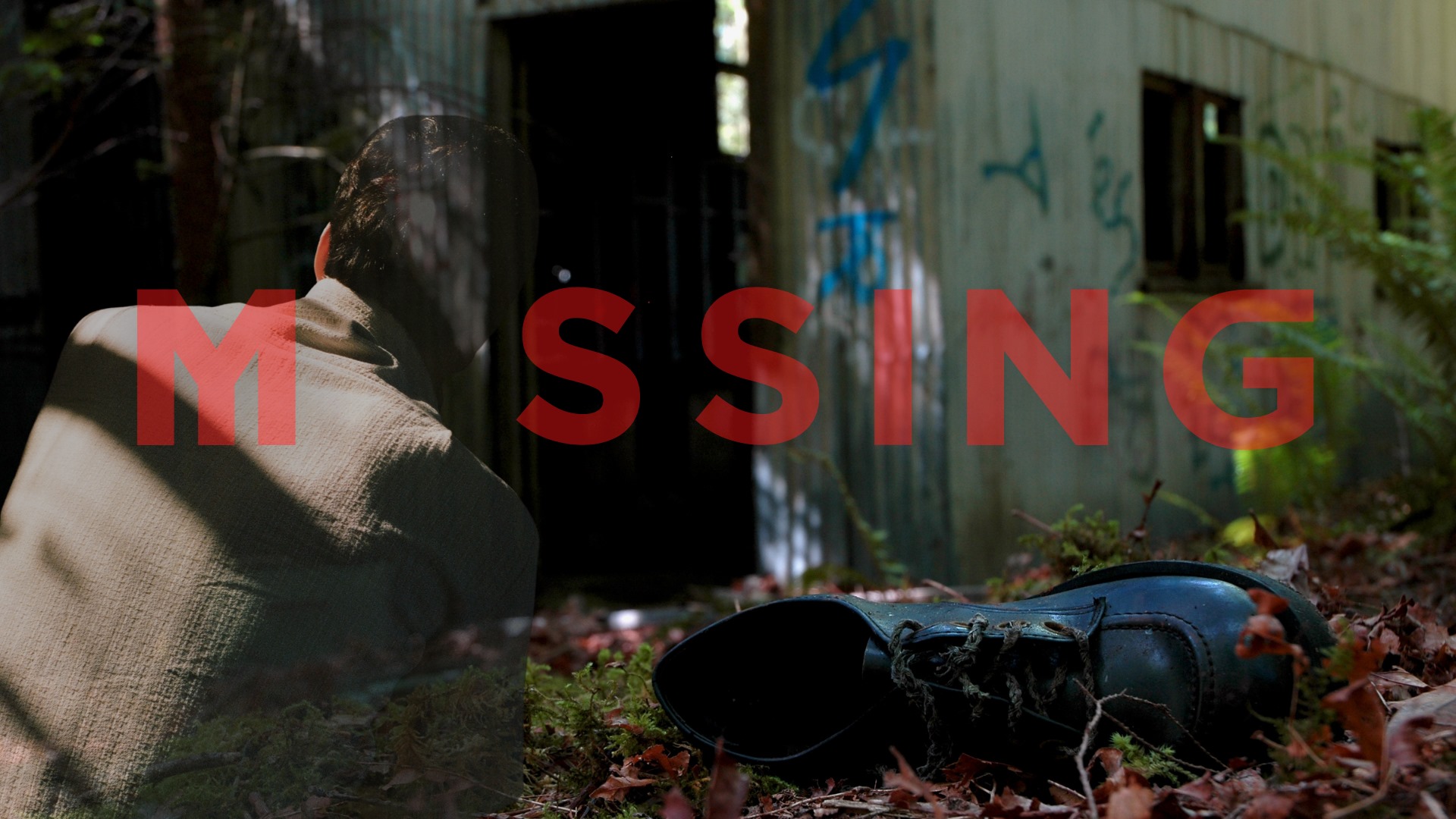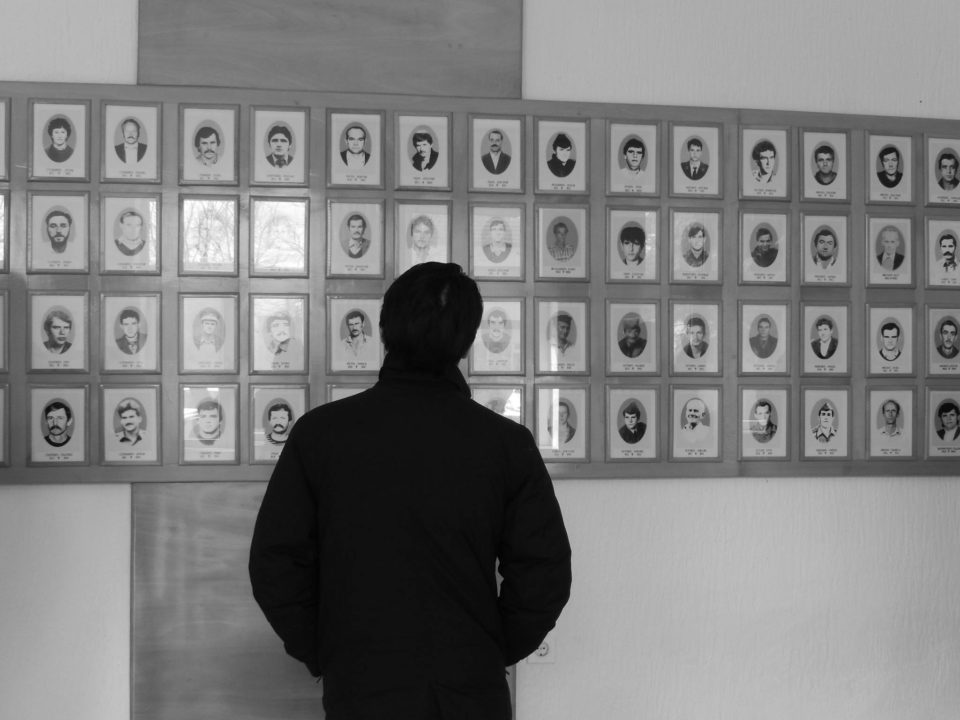
On July 11th, 2023, thousands of mourners arrived at the Srebrenica Memorial Center in Potočari to commemorate the 28th anniversary of the Srebrenica genocide. This ever-expanding cemetery serves as a final resting place for many of the approximately 8,000 Bosniak men and boys who were killed in the civilian massacres of 1995. Although nearly three decades have passed since the genocide, 30 victims were buried this year, the youngest of whom was a 15-year-old boy. Additionally, the year witnessed 71 re-associations, referring to the burial of newly found remains of victims who have already been identified and partially interred.
The International Commission on Missing Persons (ICMP) facilitates these burials by finding and identifying victims’ remains. The organization was created after the war to help families discover the fates of their loved ones. Peace agreements don’t simply instill social cohesion because the ink is dry. However, the ICMP faced the formidable challenge of gaining the trust of former warring parties while avoiding perceptions of bias towards any particular nationality.
The bloody conflict in Bosnia and Herzegovina (BiH was mainly fought between the country’s three major ethnic groups, resulting in the deaths of over 100,000 people. The genocide perpetuated by Bosnian Serbs forces against Bosniak civilians in and around the town of Srebrenica constituted the largest massacre in Europe since the Holocaust. Despite the fact that this area was a designated UN “safe zone” at the time of the genocide, the international community failed to respond to the Bosnian Serb advance. After this army declared their intention to capture the town, Dutch UN peacekeepers abandoned the unarmed and vulnerable population to these hostile forces. The women, children, and elderly were separated from the men and boys, and the latter were systematically executed.
The work of the ICMP includes assisting the Bosnian authorities in locating the mass graves where Srebrenica’s victims were secretly buried as well as finding missing persons from all sides of the war. They conduct or facilitate exhumations to return victims’ remains to their loved ones for burial, acting as an impartial actor in the rule of law process.
The ICMP has faced numerous and horrifying challenges in fulfillment of its mission. During the late 1990s and early 2000s, political challenges were compounded by the limiting technology of the times. DNA analysis was just starting to be used in forensic investigations, so the earliest victims found were identified via “visual forensic methods”. This process entailed families identifying the personal belongings discovered alongside sets of remains. Not only was this deeply traumatic for the survivors, it also inevitably led to a new horror: misidentifications. Some victims might never be identified because they were buried under the wrong name.

Considering the gravity of these challenges, the ICMP worked tirelessly to pioneer and implement the emerging technology of DNA identification. For the first time, the organization used reference samples and began identifying missing persons with a 99.95% accuracy rate. They gained trust from people on all sides of the conflict and have collected approximately 100,000 reference samples from across the Western Balkans.
Even with the vast technological advancements over the past two decades, the ICMP’s work in Bosnia continues. For Srebrenica alone, the ICMP reports that they are still looking for 700 – 1,000 individuals yet to be identified, meaning there will “most definitely be more mass graves containing 10 plus individuals…” to be identified and reassociated. Furthermore, there are still 396 pending reassociations connected to individuals already identified and buried in Potocari. This is largely due to the horrifying attempts of the perpetrators to conceal their crimes.
After the signing of the Dayton Peace Agreement, it became clear that military leaders were going to be prosecuted. The subsequent attempts to prevent investigations from taking place only underscored the gravity of the crimes themselves.
Primary burial sites from the mass executions throughout eastern Bosnia were disturbed and robbed by genocidaires. Satellite images show construction equipment being used to excavate skeletal remains of victims and disperse them in more hidden “secondary mass graves.” This means the bones of victims were intermixed and scattered across the region.
According to the ICMP, “The most recent grave that was found containing Srebrenica victims was found here in Kalinovik, which is closer to Sarajevo…which is 100, probably even more than 100 km away from Srebrenica itself.” This scattering of remains is why the process of reassociation exists. When new skeletal components of an identified victim are found, families often decide to inter them alongside the victim’s previously buried remains at that year’s commemoration, thus “reassociating” them to their burial site. Some families make the painful choice to delay burying their relatives in order to see if more remains are uncovered. However, the ICMP encourages the burial of identified remains as soon as possible.
Another reason that exhumations are still occurring decades after the war is that mass graves are often concealed in dangerous and remote areas. Many burial sites were mined in order to obstruct the search for Srebrenica’s victims. Other persons were buried in unmarked graves in existing cemeteries, necessitating the disturbance of pre-war graves to find missing persons from the war. Additionally, there are victims whose remains will never be found because were burned, buried in inaccessible locations, or deposited into what is known as the largest cemetery in Bosnia—the Drina River.
These challenges in the identification process are objectively harrowing, but ICMP representative Nihad Branković emphasizes that “the families that are still here, still alive.”
“They are survivors that are still searching for their missing relatives…and if we don’t provide them the answers that they deserve, if we don’t provide them with the access to justice that they deserve, we are not really building solid foundations for any kind of future of our society in Bosnia and Herzegovina or in this region,” stated Branković.
With their unwavering commitment and the unprecedented support of survivors, the ICMP managed to secure the necessary access across political borders.
“…Once they [politicians] would see a Bosniak, a Croat, a Serb, a Kosovo Albanian family member together, sitting across from the politicians, the politicians then started thinking okay we also need to…do the same,” explained Branković. As the public pressured politicians, the ICMP was able to establish itself as an efficient and impartial international community actor and later transitioned to integrating their forensic efforts with those of the national government.
The ICMP also expanded their support for survivors beyond the identification of victims by empowering survivors in the judicial accountability process. Branković notes that “clandestine gravesites are treated as crime scenes, all evidence is treated in line with…chain of custody procedures that can later be used in a credible way at courts, in any potential war crimes prosecutions, hearings.” This is contribution continues to be of immense value as war crimes cases from the region are still being tried today. The Kosovo Specialist Chambers in the Hague is currently trying the former Kosovo leader Hashim Thaçi and three others on charges of war crimes and crimes against humanity.
While some claim that the search for the missing is a priority of the past, the process continues to be supported both locally by survivors and internationally through initiatives such as the Berlin Process. In recent conversations about pathways to EU ascension for BiH, lingering issues like missing persons remain just as important as infrastructure and investment debates. “You cannot really ignore the difficult narratives that pop up from time to time and then talk only about highways,” observed Branković.
Reinforcing the view of historical issues as intertwined with future peacebuilding, Kathryne Bomberger, the Director General of the ICMP, visited Srebrenica this July.
Bomberger declared that the ICMP “stands in solidarity with the families of those who have disappeared in conflict and will continue steadfastly to implement its mandate to help them secure truth, justice and reparations.”
Understanding the intricacies of the ICMP’s operations and the obstacles they face in the Western Balkans sheds light on the horrific crimes committed in this region and underscores the importance of ending decades of agonizing uncertainty for survivors. Confronting the dark realities of the past, as painful as this process may be, is critical to promoting truth and combatting historical revisionism, bringing BiH closer to sustainable and positive peace.






